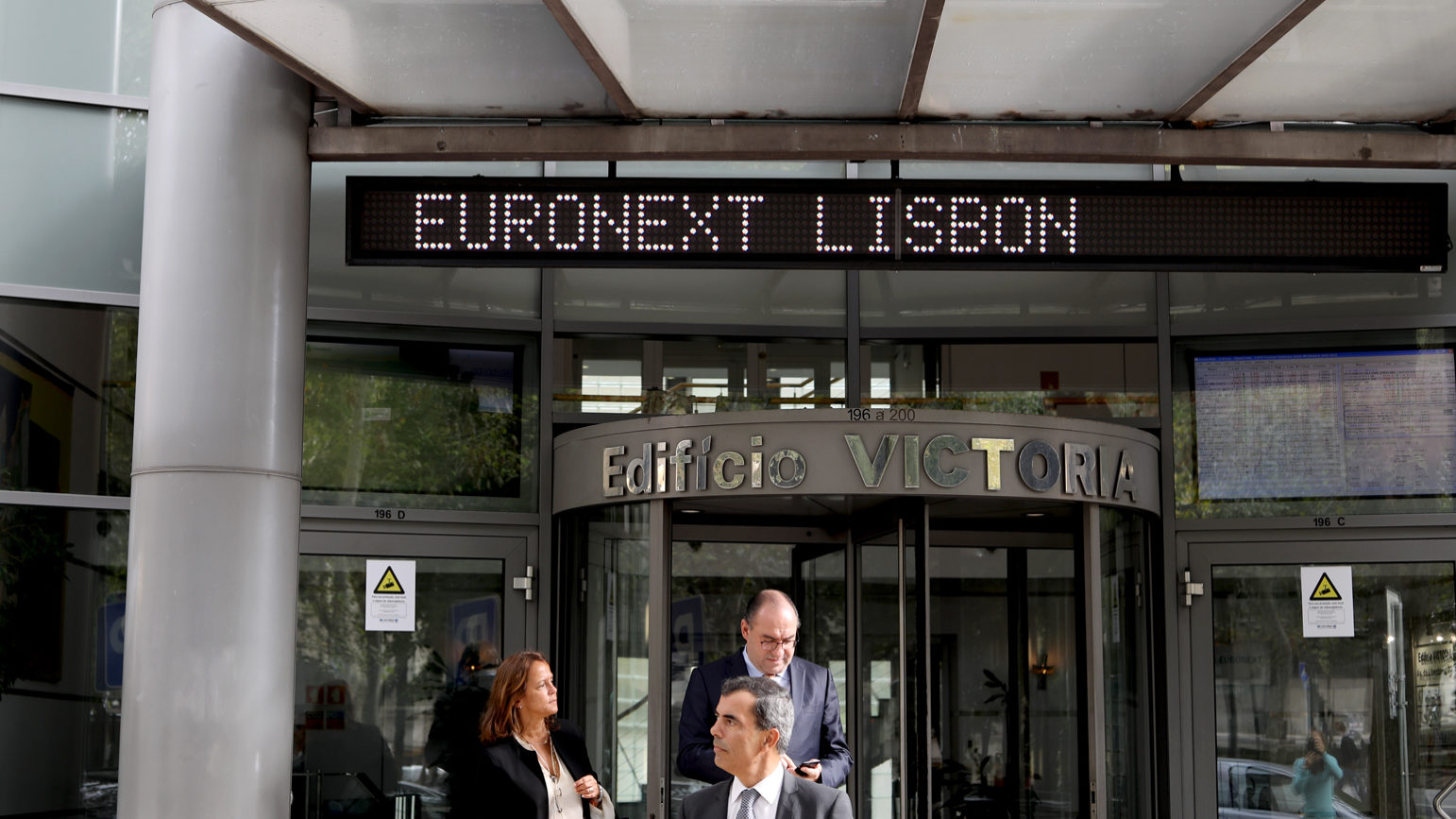MPs again postpone vote on new rules for work on digital platforms
Last week, the vote had already been postponed at the request of the Social Democratic Party (PSD).
The subcommittee of the Decent Work Agenda postponed again to a future meeting the vote on the rules of work on digital platforms. The impasse remains around the proposals of the government and the Socialist Party (PS) for the Labour Code to provide for the presumption of an employment contract not only with the platforms but also with an intermediary.
Last week, the vote had already been postponed at the request of the Social Democratic Party (PSD). Now, the Left Bloc (BE) requested to delay the vote shortly after the prime minister, António Costa, answered questions from the party in the plenary of the Assembly of the Republic.
“We wanted to suggest that we do not vote today [Tuesday] on article 12-A and leave that vote for a time when we can consider the decision on this article. We do not want to delay the decision process, but it allows us to consider new elements and interpret the prime minister’s response,” he explained. The other parties did not oppose.
What happened in the Chamber?
In a debate on the run-up to the European Council on Tuesday, José Soeiro, a left-wing MEP, accused the government of having “a different position on digital platforms in Europe to the one it has in Portugal”.
In the view of the BE, the Minister of Labour, Ana Mendes Godinho, within the Council of the European Union, helped to stop a proposal of the Czech presidency that would “hinder the presumption of employment”, introducing “the figure of the intermediary”. He said, “it would make it more difficult to presume that a worker is an intermediary.”
“The proposal for a European directive [from the European Commission] does not have this figure that Portugal invented as an intermediary. It, therefore, regulates a relationship of two, the platform and the worker and not three. Indeed, court rulings – over 200 in Europe – have recognised this two-way relationship, a labour relationship”, said José Soeiro, criticising the government for giving in to “multinational lobbyists who are trying to free themselves of their responsibilities.”
The issue applies to economic sectors such as “Ubers” or home delivery of meals. Some of these platforms operate on a model in which drivers and couriers are not considered workers of the platform, but of a third entity, which serves as an intermediary to the operation. The presumption of the existence of an employment contract only with the platform – and not with the intermediary – could profoundly change the operation of these services. To the detriment of all stakeholders, according to the platforms; to the benefit of workers, according to BE.
In response to José Soeiro, the prime minister stated that “what was at stake in the Czech proposal” is not the same as what is at stake in the ongoing discussion within the Decent Work Agenda.
According to António Costa, the Czech presidency of the Council intended to “de-characterise the relationship between driver and other entity as having a labour nature”. “What is at stake in the discussion in the Portuguese Parliament is not the mischaracterisation of the labour nature of the relationship. It is to characterise with whom the labour nature is established,” he said.
Stating that the Czech proposal went against the government’s position, the prime minister added: “I admit that, technically, the protection of this labour nature is strengthened, providing that this nature is maintained even if there is an intermediary between the driver and the platform, and that, in this circumstance, there is joint and several liabilities of the platform and the intermediary concerning its driver-worker.”
“If this is the meaning, I can, as a jurist, understand this concern. If it is the valorisation of the figure of the intermediary to devalue the position of the platform, as a jurist, I understand what is written, but politically, I disagree, it does not correspond to what is in the government’s Programme nor to the sense of the draft law presented here by the government,” stated António Costa.


